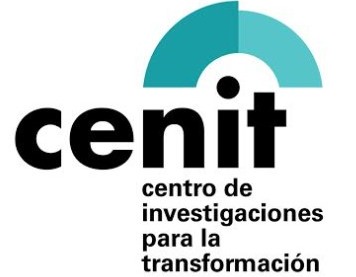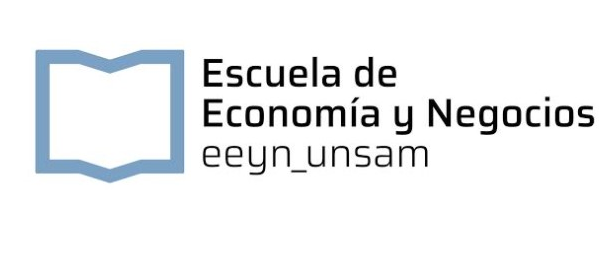Abstract
A large body of literature argues that the characteristics of exports matter for economic growth and development because some goods trigger positive externalities or are subject to increasing returns. Thus, for policy purposes, it is important to know whether a country’s export basket enjoys these productive opportunities. They have been associated with technological content of exports. However, measuring them is not easy. Previous methodologies to account for exports’ technological content used either R&D data or trade data. The former is used to account for knowledge-intensive activities during the production phase and the latter to identify levels of ‘sophistication’ of exports based on exporting countries’ characteristics. Building on these contributions, this paper combines industry-based and product-based indicators to circumvent some of the shortcomings of the received literature, including the product-industry controversy (i.e. are the actual activities during the production process or the product characteristics what better accounts exports’ technological content?). We use data from Uruguay on direct and indirect R&D spending from public and private sources and also trade data to build the sophistication index corrected by quality. We contrast our findings with existing methodologies to highlight our contribution.

